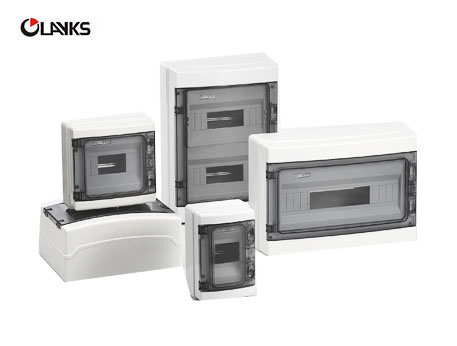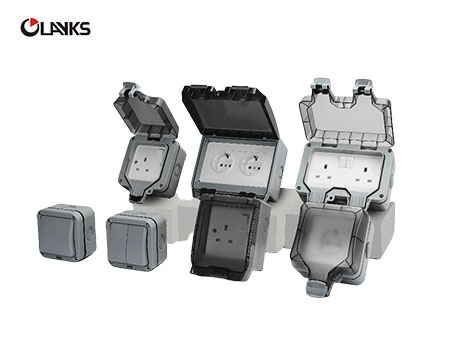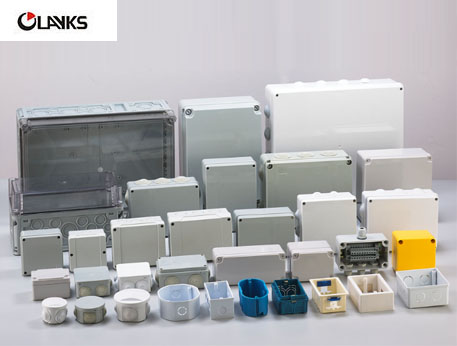Plastic Outdoor Electrical Box: Innovation and Global Expansion
The plastic outdoor electrical box has evolved far beyond a simple enclosure. In today’s fast-changing electrical infrastructure, it represents a blend of engineering precision, safety, and sustainability. From residential gardens to industrial control systems, these weatherproof and PVC electrical enclosure boxes play a critical role in protecting connections from moisture, dust, and corrosion.

“Weatherproof design is no longer optional — it’s essential for every electrical installation.” — Global Energy Journal, 2025
Materials & Durability
Modern plastic weatherproof electrical boxes use specialized thermoplastics such as polycarbonate and PVC, designed for ultraviolet stability and mechanical strength. These materials offer several benefits over metal enclosures:
Non-corrosive performance in coastal and humid regions.
Lightweight and easy to install.
Electrical insulation without grounding needs.
Cost-effective compared to steel or aluminum enclosures.

Applications Worldwide
Plastic distribution boxes and outdoor junction boxes are used across diverse sectors — from European smart cities to American septic and drainage systems. Engineers prefer these solutions for outdoor lighting, telecom, irrigation, and solar setups.
In septic applications, the distribution box for septic systems ensures equal water flow between drain fields. New models like the septic d box and leach field distribution box integrate enhanced flow control technology.

Innovation & Smart Design
Smart enclosure technology combines mechanical safety with IoT-based monitoring. Some advanced models include embedded sensors that detect temperature and humidity fluctuations, transmitting alerts to control centers. This integration aligns with the global shift toward intelligent energy distribution systems.
“The future of the electrical box is not only waterproof — it’s smart.” — TechEnergy Global Report
Global Market Trends
The global demand for plastic outdoor electrical boxes continues to rise, with Asia-Pacific leading due to industrial automation and renewable energy infrastructure. Europe remains focused on eco-friendly materials, while North America shows strong growth in septic system distribution boxes due to suburban development.
Market analysts forecast the sector to reach USD 6.8 billion by 2030, driven by innovations in sustainable plastics and the increasing need for IP68-rated enclosures.
FAQ: Common Questions
Q1: What’s the difference between a distribution box and a junction box?
A distribution box manages multiple circuits, while a junction box connects wiring within a single circuit.
Q2: Can a plastic enclosure be used in high-temperature environments?
High-grade polycarbonate models withstand up to 120°C but should not be installed directly near heat sources.
Q3: Are plastic boxes better than metal?
For corrosion resistance and insulation, yes. However, metal boxes may offer better impact resistance in heavy-duty industrial use.
Future Outlook
With growing environmental awareness, manufacturers are exploring biodegradable polymers and recycled materials for next-generation outdoor PVC electrical boxes. Combined with AI-assisted monitoring and 3D-printed customization, these innovations will redefine how electrical safety and sustainability coexist.

